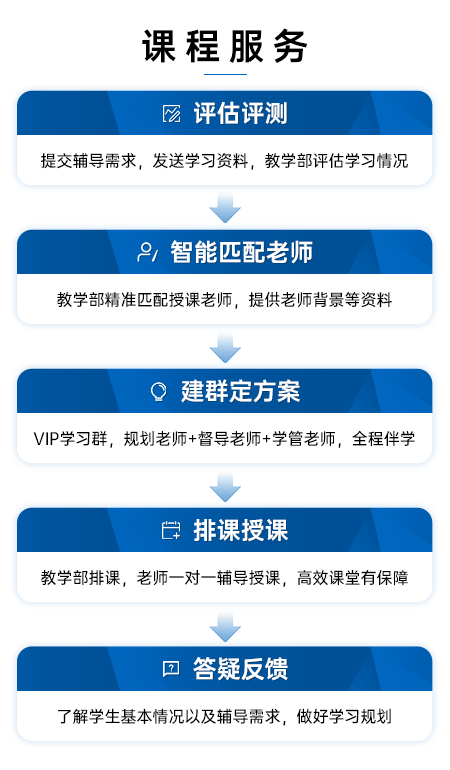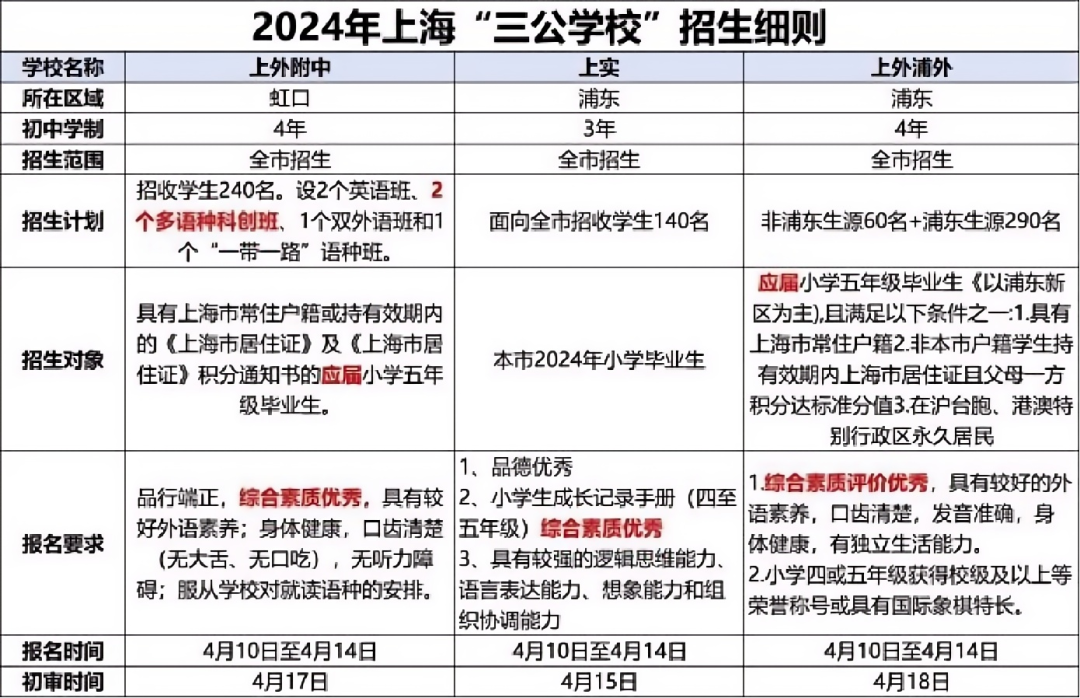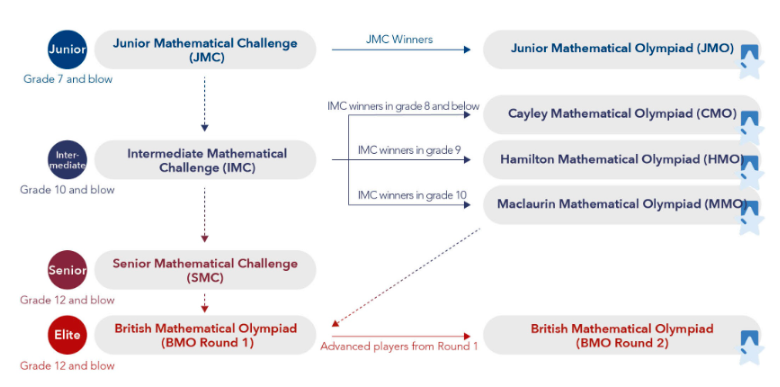本期为大家推荐苏黎世大学、鹿特丹伊拉斯姆斯大学最新2025岗位制博士项目信息。
苏黎世大学
PhD position in cognitive neuroscience for 4 years
UZH | Department of Child and Adolescent Psychiatry
APPLICATION DEADLINE: 招满即止
Start of employment from March 2025, temporary
The Department of Child and Adolescent Psychiatry invites applications for a four-year PhD position financed by the SNSF in the structured PhD Program in Psychology.
Project details and responsibilities
Humour is a universal and complex phenomenon that profoundly influences social communication and adaptation. But do we all process humour in the same way? Previous studies report that individuals on the autistic spectrum (AS) may process humour differently from neurotypicals. However, the evidence in the literature does not seem conclusive. This project aims to understand how AS adolescents process humour and whether a humour-based training programme can improve well-being in this population. This proposal will achieve this by embracing the neurodiversity paradigm, which is an alternative to the deficit conception of autism.This PhD position is part of the SNSF Starting grant titled Humour in adolescents on the autism spectrum: a window into cognition and a tool for well-being obtained by Prof. Dr. Mirella Manfredi and entails the following responsibilities:
- Recruitment of participants
- Data collection
- Data analysis
- Presentation of research results at international scientific meetings
- Publication of research results in peer-reviewed journal articles
- Supervision of master theses
- Assistance in organizing workshops
Your profile
Successful candidates should be highly motivated and have a strong background in cognitive psychology. Ideally, the candidate should hold a master's degree in experimental psychology or cognitive psychology.knowledge of Electroencephalography (EEG) will be an advantage. The candidate should show excellent interpersonal skills and be able to work both independently and in groups. The candidate should also have excellent knowledge of English and written and spoken German
鹿特丹伊拉斯姆斯大学
PhD in Quantitative Marketing in the Domain of Algorithmic Fairness
ErasmusUniversityRotterdam|School of Management
APPLICATION DEADLINE: 31 January 2025
Abstract
The Marketing group at Rotterdam School of Management, Erasmus University seeks a highly motivated PhD student with strong quantitative skills to study the problem of algorithmic biases in marketing.
As machines are trained to analyse complex problems, many tasks that previously required humans are now guided by Artificial Intelligence. Marketing is no exception in this domain. Increasingly, companies use algorithms to design targeted marketing campaigns. Causal Machine Learning is an emerging research field that can learn the causal effect of an intervention and how it varies within a population based on a large set of potential moderating variables. Its use in marketing has been rapidly growing over the last years (Lemmens and Gupta 2020; Esterzon, Lemmens, Van den Bergh 2023).
Unfortunately, algorithms can be discriminatory. The number of cases reportingbiases in algorithmshas exploded. Algorithms reproduce and amplify biases present in human decisions. They may even inadvertently create new discriminatory outcomes.
This PhD project ambitions to tackle this crucial managerial and societal challenge. The goal will be to better understand the problem of algorithmic biases in the context of targeting marketing campaigns and to develop anovel methodological framework to design effective and fair personalized policies. The project will include large-scale field experiments in collaboration with company partners.
Strong applicants typically have backgrounds in computer science, statistics or econometrics but should have an intrinsic interest for marketing problems. The PhD will be supervised by Prof. Dr. A. Lemmens and funded by a VICI NWO grant.
Keywords
Algorithmic bias, Causal Inference, Discrimination, Fairness, Machine Learning, Targeted Marketing Campaigns
Topic
The marketing group at Rotterdam School of Management (RSM) ranks among the best in the world. Our members publish their research in top journals in marketing as well as related fields. They deeply care about open science practices (e.g., data sharing, open-source software), and host regular seminars and visits to encourage knowledge exchange with other top schools in the world. The group is diverse (in terms of research interests and cultural background), collaborative, and collegial.
Our PhD program seeks to train the next generation of marketing academics. We want our students to maximize their potential and become independent marketing scholars. We expect students to become experts in a specific domain of choice.
This vacancy is explicitly targeted at candidates interested in algorithmic biases and developing methodological approaches to tackle this challenge. The project will have a strong quantitative component relying on computer science, machine learning, policy evaluation and causal inference. In addition, it will also contain a strong business component, in particular, as the project will be done in collaboration with several industry partners with whom field experiments will be carried. Finally, there is a possibility for the project to also include a more behavioral component as it would be interesting to study how consumers perceive algorithmic discrimination of different kinds and how companies can mitigate negative perceptions.
During their PhD, the candidate will also benefit from the large set of expertise of the other members of the marketing department (such as Jason Roos, Sebastian Gabel, Alina Ferecatu, Gui Liberali, Ana Martinovici, Dan Schley, Antonia Krefeld-Schwalb, Anne Klesse, Bram Van den Bergh) in the domain of reinforcement learning, deep learning, causal inference, field experiments, consumer behavior, human-AI interactions, behaviorial economics and sustainability.
In addition to standard required course work, students typically take courses in machine learning, (micro)economics, statistics, causal inference, econometrics, and seminars in quantitative marketing. The exact portfolio of courses is chosen in consultation with the advisers.
Approach
The project will leverage field experiment data and combine it with extensive simulation studies. As currently defined, it will rely on three main methodological domains: (1) active learning, (2) causal machine learning and (3) policy evaluation. It is an inter-disciplinary project that will combine the state of the art in economics (causal inference), experimentation, computer science, marketing and management.
The PhD student will work in close collaboration with the main advisor, and other faculty on tasks that include:
- Identifying novel research questions in the domain of algorithmic fairness.
- Understanding the theoretical foundations and state-of-the-art models in marketing science, economics, psychology, and computer science literatures relevant to understanding the phenomena.
- Identifying the fundamental variables, trade-offs and relationships that are most important to studying the phenomena.
- Developing and coding the appropriate algorithms and methods that implement the novel concepts and models.
- Gathering experimental or observational data to highlight the strength and boundaries of the proposed methods.
- Identifying the critical assumptions needed to draw inferences from empirical results.
- Writing computer code to analyse experimental or secondary data according the best practices and tools including versioning (e.g., GitHub), pre-registration, data sharing and open science (e.g., Figshare).
- Presenting research findings at international conferences, in our PhD day and brownbag seminars.
- Writing up findings for publication in international journals.
- Attending classes and seminars (including those offered at other universities) to further develop thinking and research skills.
- Participating in and contributing to departmental research functions (PhD Day, research seminars, weekly research meetings).
- Teaching students (to a limited degree).
Through workshops, research seminars, applied and theoretical research with faculty, and seminars on key disciplines that provide the foundations of the marketing discipline (statistics, economics, psychology), the PhD student will gain the requisite experience for independent work.
Students have access to world-class research facilities:
- High-performance computing is available to researchers via SURFSara (a Dutch consortium for scientific computing)
- Erasmus Behavioral Lab
- Excellent research funding
Required profile
We seek candidates with the following qualities:
- Intellectual curiosity, drive, eagerness to learn, and openness to criticism and other perspectives
- Strong motivation to pursue an international career as a leading scholar
- Strong commitment to methodological rigor and scientific integrity
- Strong passion for real-world problems faced by different types of organizations
- Excellent speaking and writing ability in fluent English, ideally with experience writing for a scientific audience
- Willingness and motivation to independently formulate research projects and carry them through to completion
- Excellent organizational skills
- Masters’ degree (preferably a Research Master´s or MPhil degree) in one of the following fields: computer science, data science, operations research, economics, econometrics, quantitative psychology, statistics, management, or marketing.
- The ideal candidate should also have some experience in programming (e.g., R, Python, Julia, Scala, Java, or C++) and in data analysis, management, preparation, and visualization, ideally as part of at least one end-to-end data science project.
Interdisciplinary focus:
One feature that sets RSM apart from other faculties is the extent of cross-discipline work between the quantitative faculty (trained primarily in machine learning, operations research and economics) and the behavioral faculty (e.g., trained primarily in psychology and neuroscience). Thus, we are also particularly interested into candidates that are not only interesting in the methodological aspect of the project but also in potential ramifications with consumer psychology and behavior.












